Our Latinx Student-Athletes: Maricarmen Reyes
Our Latinx Student-Athletes: Maricarmen Reyes
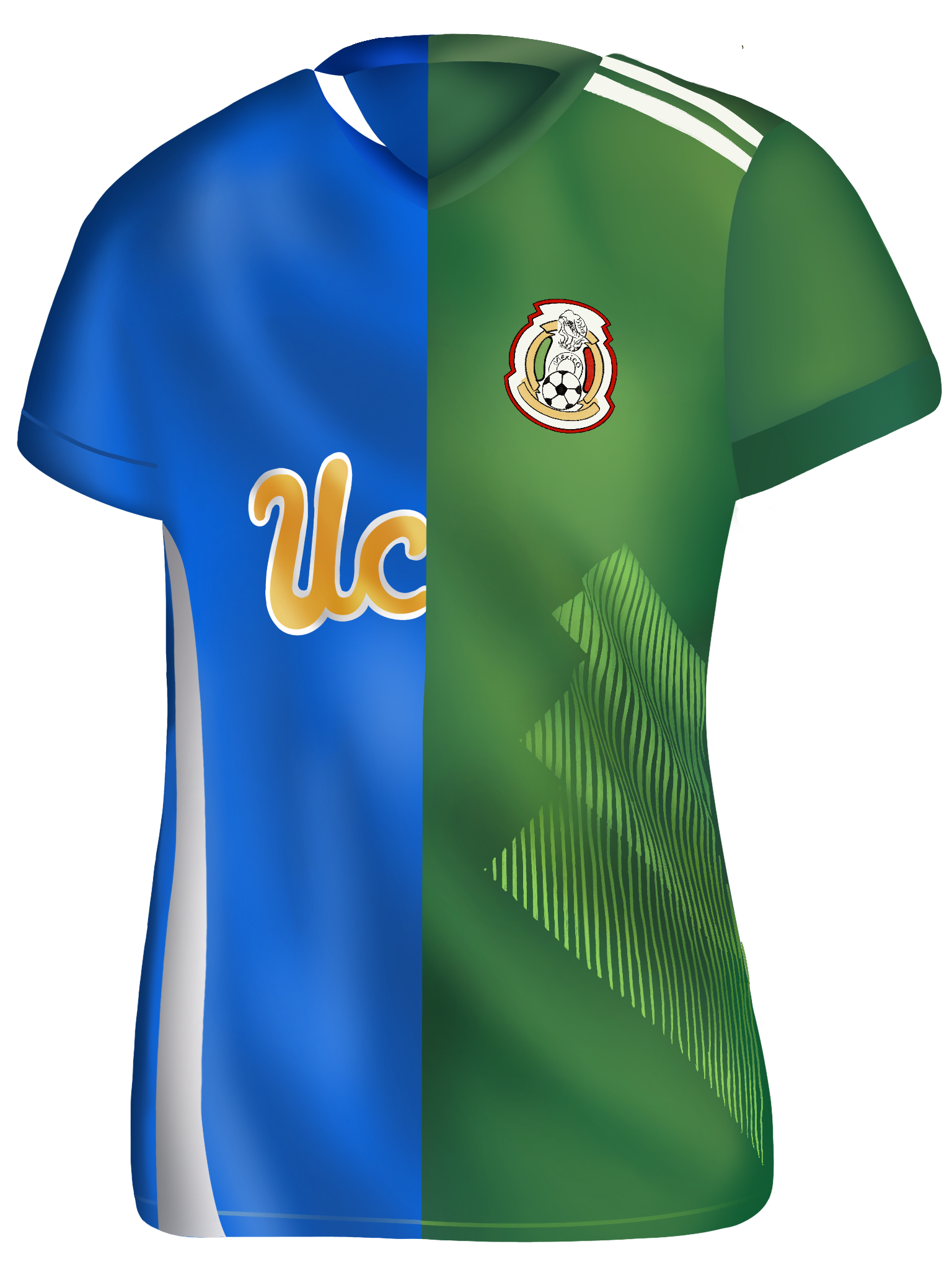
Visual Credit: Melissa Morales
Maricarmen Reyes has been playing soccer since she was four years old. Since then, she’s played all over the world. Not only has she represented the United States in major tournaments, but the Adidas athlete has also represented Mexico as a player on the women’s national team.
After the monumental win for UCLA women’s soccer last December, marking UCLA’s 120th NCAA Championship win, the double bruin signed to play professionally with the women’s Mexican soccer club Tigres UANL Femenil – a soccer club based in Monterrey, Nuevo Leon, Mexico.
A Santa Ana native, Maricarmen’s advocacy for her hometown didn’t stop when she arrived at UCLA. Orgullosa would be an understatement to describe how Maricarmen feels about her Santa Ana community. She’s empowered by her opportunity to play and how impactful she can be for the youth in her city.
“A lot of these kids don’t really have the opportunities to go D1, play college sports, or even have the chance to know what college is and for me that door opened because of soccer, so I think there are so many talented kids in the city that do get left behind because they don’t really have a role model and I feel like I am doing a disservice to my community if I don’t help those kids because they’re just left behind.”
Reyes adds that including her community in the opportunities she has been given is integral to her mission, “For me, it’s “how can I change that and how can I impact my community in any way that I can?” especially sharing my experiences at UCLA and with the Mexican National team. I think it’s so special because my parents sacrificed everything for me to be here and I’m just trying to take advantage of that.”
This past fall quarter, Maricarmen partnered up with her brother, former UCLA men’s soccer player, Oscar Reyes, to bring 60 students on a campus tour of UCLA and its athletic facilities. Reyes shared that she wanted the students to feel like they, too, were capable of achieving their college and career goals.
“For them to see UCLA, it’s like well now something else is there for them that maybe they would have never known. Some of these kids were like in tears you know? And it’s like, to me it’s like “Oh I can take 60 kids to Royce Hall and tell them the importance of Royce Hall or why it’s there or Janss Steps.” It was really nothing for me because I can do that any day but for these kids it was everything.”
Inspired by Kobe Bryant, Maricarmen wears the number twenty-four and attributes that choice to her work ethic and the legacy she hopes to leave behind at UCLA.
“I just think, and it goes back to me being Mexican. I love having that identity and if anyone in ten years hears my name, it’s the Mexican girl that every single game, she played, she gave it her all and she was a warrior, Maricarmen says.“I think that word pretty much describes me and I mean, wearing number 24 is for Kobe. I think what he stands for, and what he represents, is what I hope other people would see in me and just like the fight, and the gana to just not quit and never give up and to me that’s character. I think that would be my legacy.”
Having a chance to learn more about Maricarmen, we talked about family, representation, playing for big name teams at a young age, and advice she would give to athletes who want to pursue similar dreams.
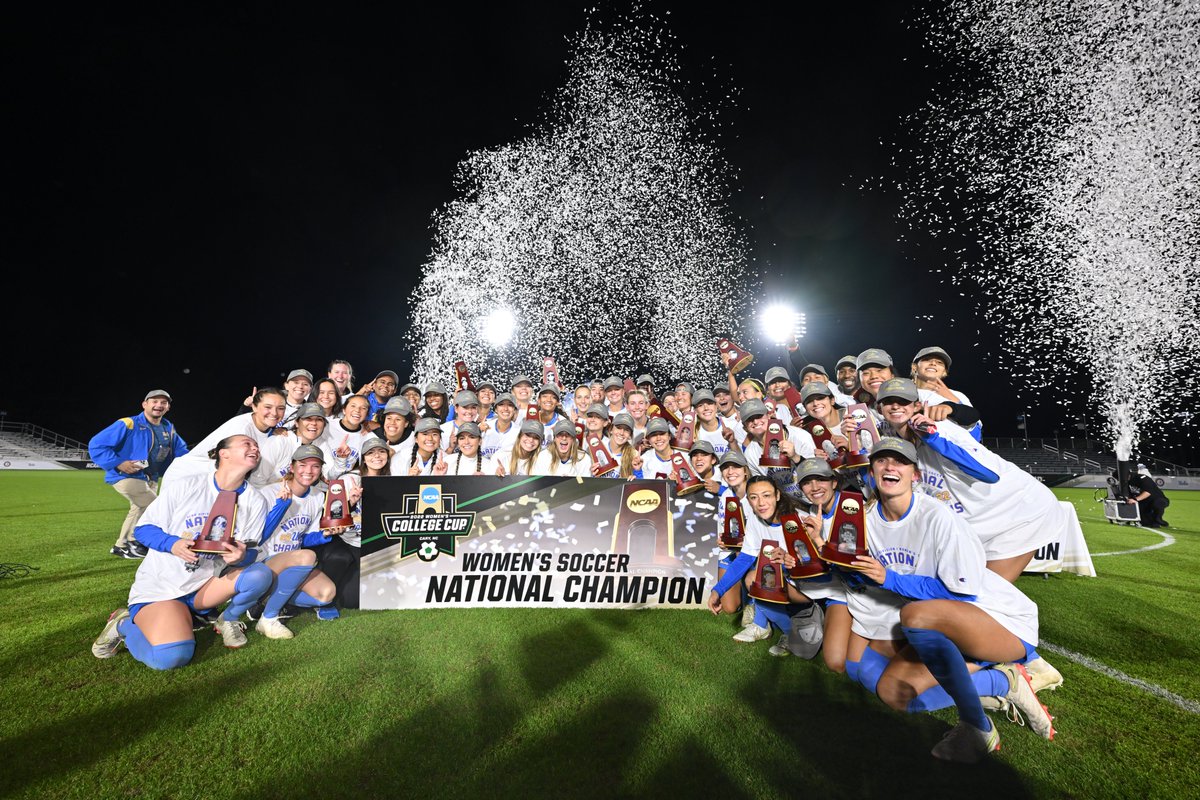
Photo Credit: UCLA Women’s Soccer Twitter Page, @UCLAWSoccer
This interview was edited for length and clarity.
CM: Your family is based in Santa Ana, where is your family from?
MR: My family is there right now, they are from Mexico. They settled in Santa Ana.
CM: Do you know what state they’re from?
MR: They’re from Michoacan.
CM:How do you feel knowing that you represent a community on the field? That could be both the Latino community, UCLA, Santa Ana, or women’s soccer.
MR: I think it’s just representation, for the little girls in my city to see someone that looks like them and play on UCLA soccer and be a captain of the team. That doesn’t really happen and to me, it’s honestly an honor and it’s humbling because I was once one of those little girls and I didn’t know this was even possible so it’s just like I said representation and to be able to even go to the Mexican National Team and represent my mom and dad and my siblings and my whole country, to me it’s something bigger than me and every time you put that jersey on, it’s for everyone else, it’s not really you.
CM: How old were you when you got called up to play?
MR: I was called into my first camp when I was fifteen and I played the under-17s. Then the under-20s and then I went to the full team.
CM: You play on two ‘big-stage’ teams, UCLA and Mexico. How does that dedication look to you? The practice to practice?
MR: I think the biggest thing is just discipline. Especially being a student-athlete here you’re busy the whole day, you go to training, you go to weights and then you go to class and then you have to do work and then you go to your other class and then you go to sleep and then the next day the same thing. It’s Thursday you have a game and then you miss two, three days of class and you have to catch up with the professor, but I think the reason I came to UCLA is because I want to win championships and I’m super competitive and that comes from my city and my people. So anything that I do, I’m doing it one hundred percent and I don’t wanna waste my time and that’s the biggest thing, I can’t waste people’s time. Especially being on that world stage, like Mexico, it’s the same thing, I’m surrounded by people that play for Real Madrid, people that play on Tigres, the Chivas, America, people that play on North Carolina Courage. All these teams, it’s their job, they’re professionals, and nobody’s there to just mess around, its business and I think business is business in the end and I think that’s the beauty of sports. Anytime that I could be competitive,that’s my favorite thing to do.
CM: Given your position, how do you hope to inspire others?
MR: I think just staying true to who you are and remembering how you started and how tough it was, I mean my struggles compared to moms and my dad’s were really nothing because they had to do all this, move to a new country. They started from zero and I think to have a “no-excuse” kind of attitude and just put your head down and work, I think was the way I could inspire others and especially the kids in my community.
CM: Who inspires you and your dreams?
MR: I would say my mom and dad. They just were the best role models and I think for me it’s like my dad wakes up at 4 a.m. every single day and works until 4 p.m. for me. His life and my life are just completely different and sometimes I feel so bad because I feel like his life is never going to be like mine. I play soccer and I go to school and my life is great. if I go pro, and I go overseas, what’s my job? I’d be a pro. For my dad, that wasn’t the case for him.e was the breadwinner of the family. My mom stayed home and took care of us and it was a traditional life. For them to do that and have three successful kids, is crazy to me. They’re my superheroes.
CM: Being at the level that you’re at, what is some advice you would give to athletes who want to pursue a similar dream?
MR: I just think growing up, it was like nobody is gonna give you much, you gotta go get it honestly because there’s so many talented players out there and when things get hard I think that’s when people crumble. I tore my ACL when I was fifteen so I was out for a whole year and missed the U17 World Cup. I was out and to me it was like I either fall or this makes me stronger and I was like you know what, I can’t fail,that’s not an option. When I was back [from my injury], I committed to UCLA and I was like you know I have to accomplish my dream. So I think it’s like when things get hard, yes, they are hard and sometimes you do have to go through something like that to appreciate the good times, now I think about the times I was injured and I’m like “wow” I’m just fortunate I get to play. I think about my cousin Val, she has cancer and to me, it’s like every day I’m fortunate enough to kick a ball when other people are just fighting for something different. I think whatever drives you, and what your passion is, don’t let go of that and keep trying to pursue that.
CM: Are there any sayings/mantras/words you like to live by?
MR: Everyone is going to struggle honestly, and if it’s you, me, someone else, but what do you do with that? I think that forms who you are and it shows character and it’s hard with mental health and everything and I have opened my eyes to that. I’m young, and I’m still learning about it and it was especially deeply rooted in my family and in my culture, you gotta keep going. Sometimes you gotta ask for help, sometimes you can’t do stuff alone and to me, my family was that motor for me. I was motivated and I was disciplined because of them and I’m lucky that I even had the chance to come here and show people that too.
For some people, it was so easy. It wasn’t that easy for me, I had to go out and get it. And I’m not lucky. We are not lucky. We are here for a reason. It’s not luck, it’s hard work.
CM: As an athlete who plays in a male-dominated, and male-centered sport, especially on world-stage teams representing Mexico and UCLA, what can you say about being able to showcase your success as a young woman and athlete?
MR: If you give us a chance, women are badass and they can show you that. In the end, people will say, “yeah, you’re lucky” but people don’t understand. I’ve missed my aunt’s wedding, I’ve missed quinceaneras, I’ve missed school dances, I’ve missed a lot of things. I didn’t want to miss that. I had a tournament in Italy and that was my dream. I had to go to China and Japan. I would have never known these places if it wasn’t for soccer. I wouldn’t have known these people, met these people, or experienced things on the whole other side of the world. I’m chasing a dream that a lot of people don’t chase. The reason you’re at UCLA is because of work, it’s not because of luck, and when we highlight those people’s experiences, and what they went through it’s similar, it’s not that hard to understand, it’s just work.
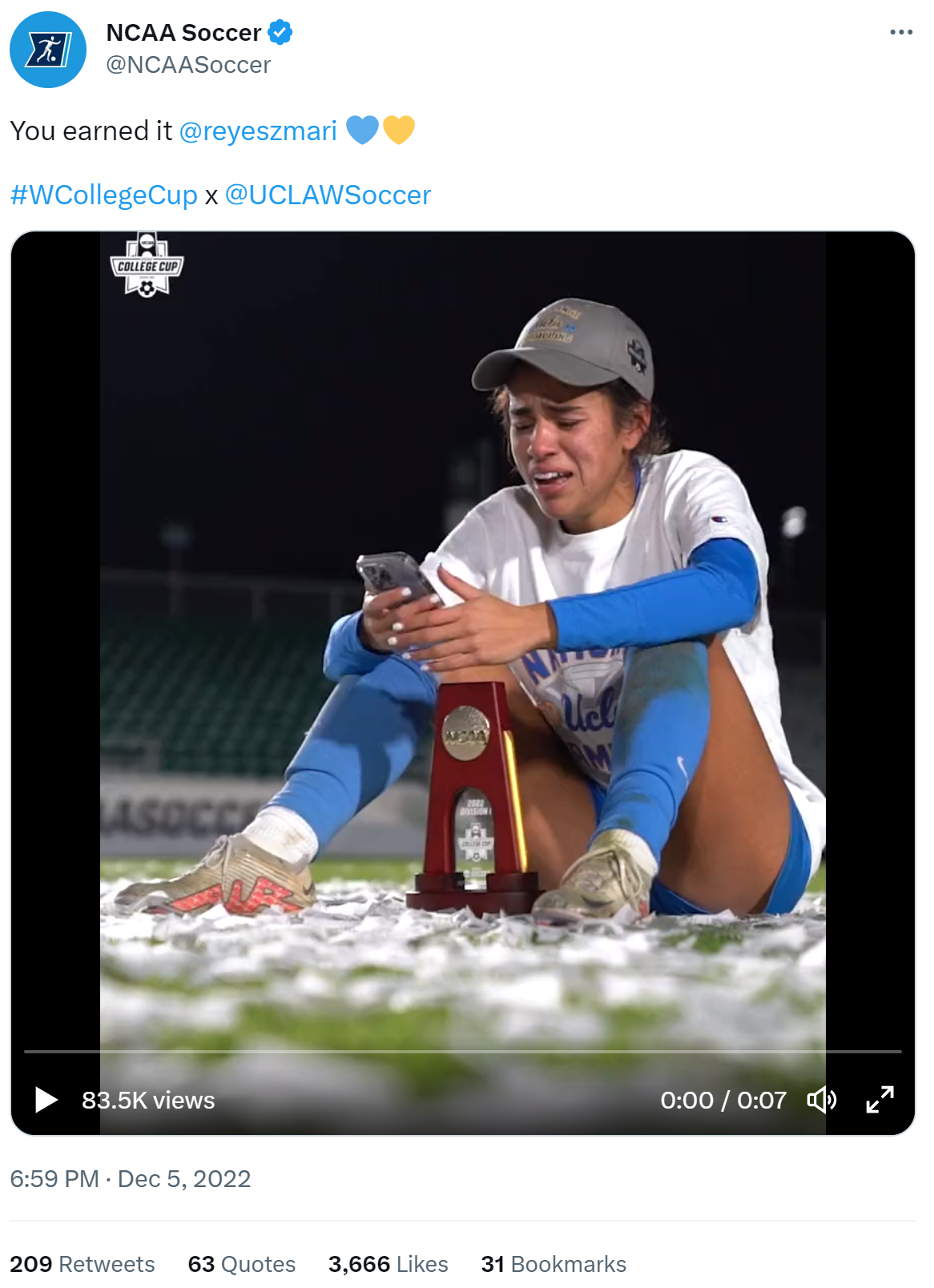
Visual Credit: NCAA Soccer Twitter Page, @NCAASoccer, https://twitter.com/NCAASoccer/status/1599961715986178050
CM: Your brothers both played soccer, is having their influence or their example, something you think about when you’re here?
MR: I’m super close with them, they’re like my best friends honestly. When Oscar, my brother that went to UCLA, when he was here, he brought me and showed me his classes. This was 2011, I was a little girl. He showed me the classes, he showed me the dining halls, he took me to the field, I went to his games and it was just to visualize what my life could be and it’s funny that you say that because I’ll be sitting in Powell Library and I’m sitting there and I’m like “dang, I’m really here” and what he told me, I listened to him and I called him one day crying and I’m like “I can’t believe I’m here”. It’s just full-circle and if he never showed me that, where would I be? What would I be doing right now? And it’s crazy that it’s come so far and I see that now but I do think about them all the time. If they never gave me that little piece of advice, I don’t know what I’d be doing.
CM: You seem pretty family oriented, does your family come to games?
MR: Every single home game, they’re there and I’m like “Thank God I came here” because they wouldn’t be able to go to Oregon if I went to Oregon or Washington. So it’s pretty amazing to see them here and now that my brother has two kids, it’s “Oh, let me take her sound and show her what she can do as well”.”
Maricarmen is a graduate student in the Transformative Coaching and Leadership Program at UCLA, and discussed some of the questions they often receive like “Do you think that athletes should use their platform to advocate for things?” This was her response.
MR: If I’m a Mexican girl making up a certain percentage of Latinas on the team and its like yeah we do have to say something. We want more [Latina athletes] to be here and we wanna explain why it’s so important. I would feel guilty if I look during a game and see ten little girls that look like me and I don’t go say hi and don’t go say thank you for coming, then they’re not gonna come again and I want them to be there and I want them to see what they could do too. So I do have a responsibility and maybe other people don’t think that and maybe it’s not the athlete’s responsibility to be political but, come on.
CM: What do you like to do in your free time outside of soccer?
MR: I like going to the beach a lot. I think it’s peaceful, away from soccer and school. Growing up, we would go to the beach with my family on a Friday after a game. To just do that with my family and not even think, just chill and you’re in the water, you swim and all that. I think that was my favorite thing to do and still is.
The UCLA women’s soccer team secured their win against North Carolina with a goal from Reyes in the second overtime period. The final being 3-2 with teammates Lexi Wright and Reilyn Turner scoring their own respective goals.
Reyes oozes pride. After some tears and laughs, we parted ways, and I brought myself to my first UCLA soccer game with a childhood friend who also played soccer growing up. Of course, our women’s team scored and ultimately won the game to secure their spot on the road to a championship. It is with grit, dedication, and heart that every one of those young women plays. Reyes’ impact at UCLA became a stepping stone for other young Latino athletes to follow. Their monumental win is one for the books.

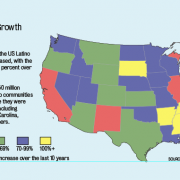
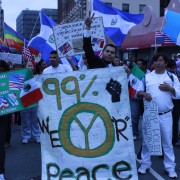
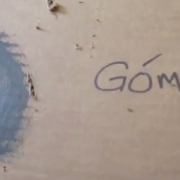

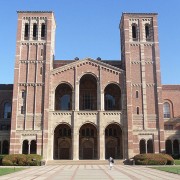
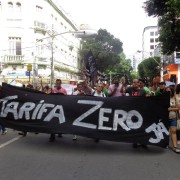
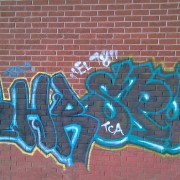
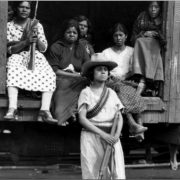
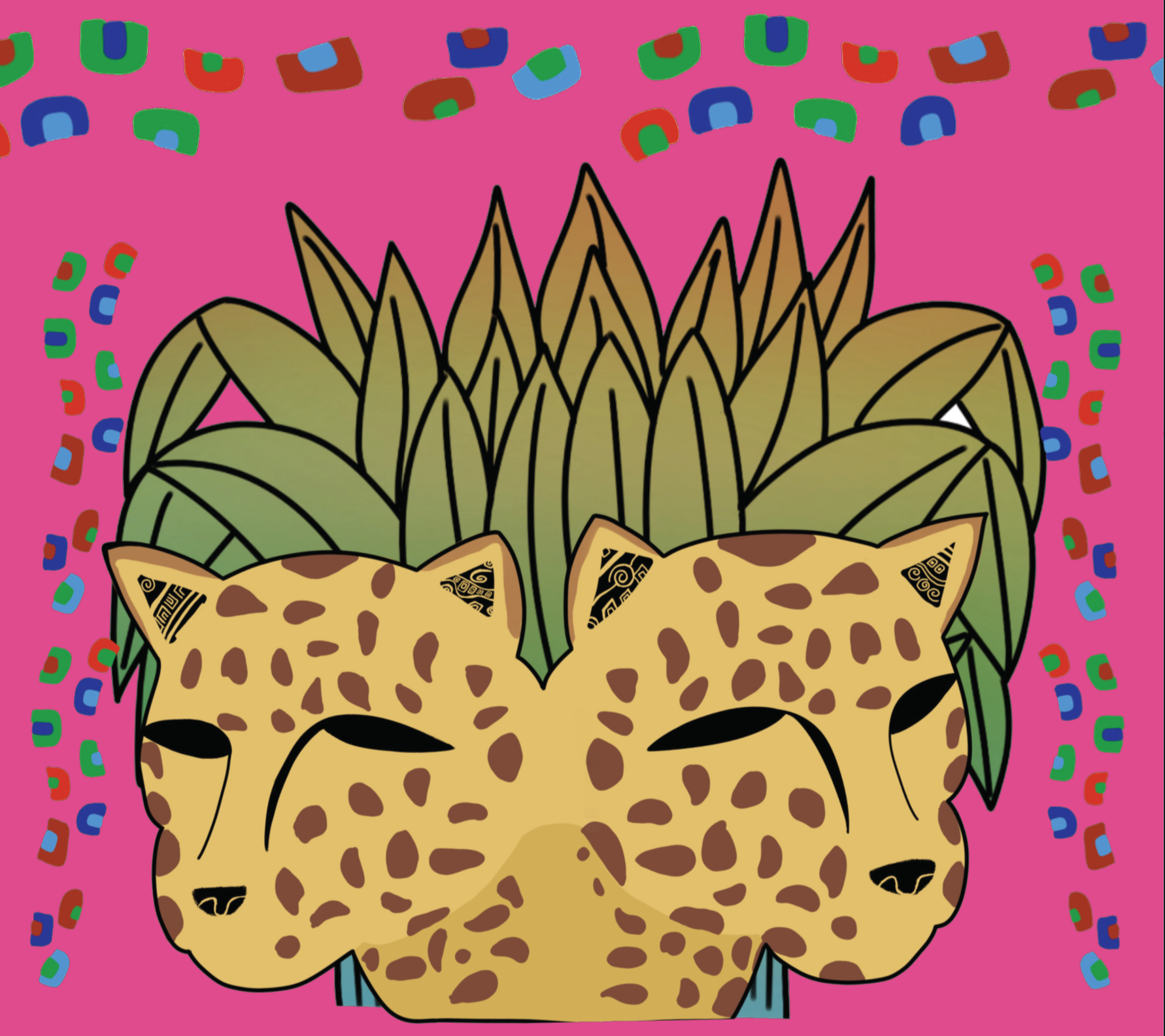
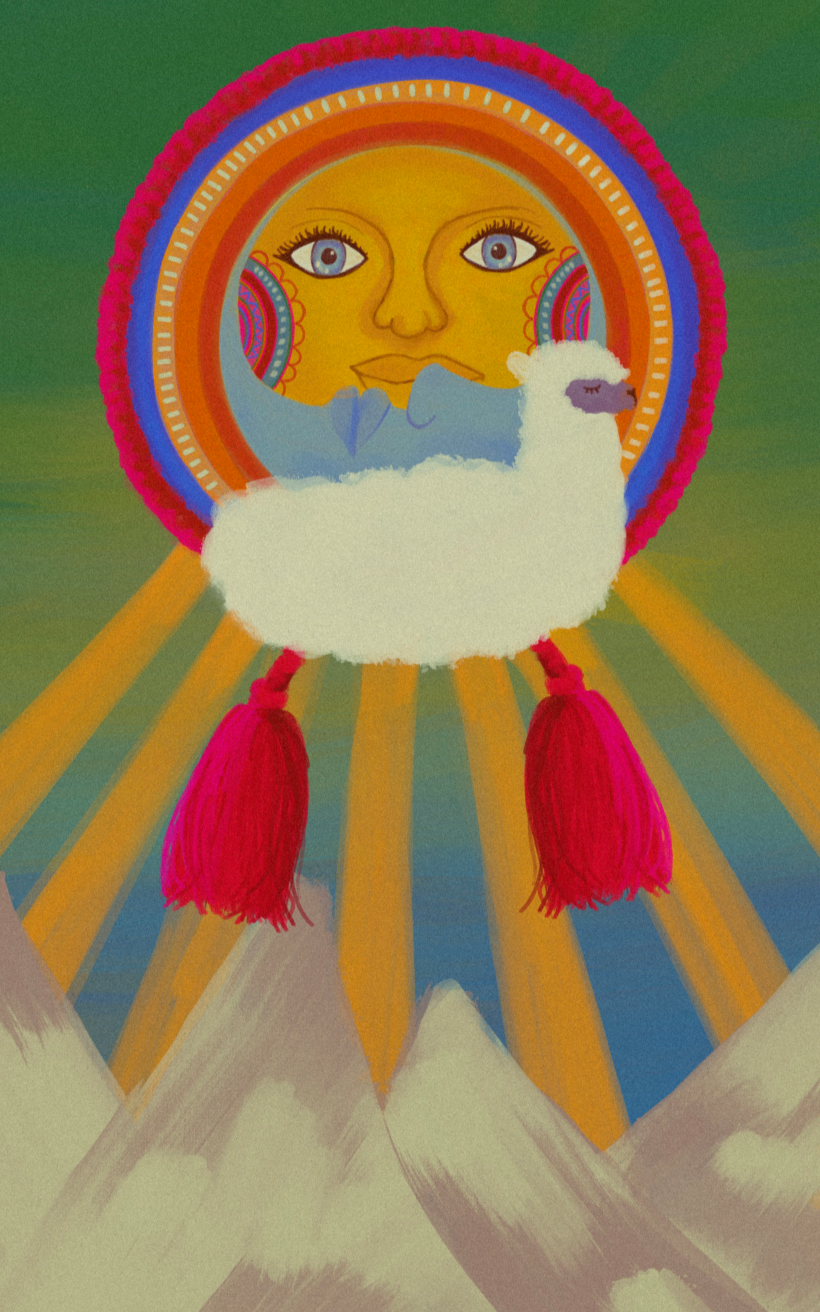
Leave a Reply
Want to join the discussion?Feel free to contribute!